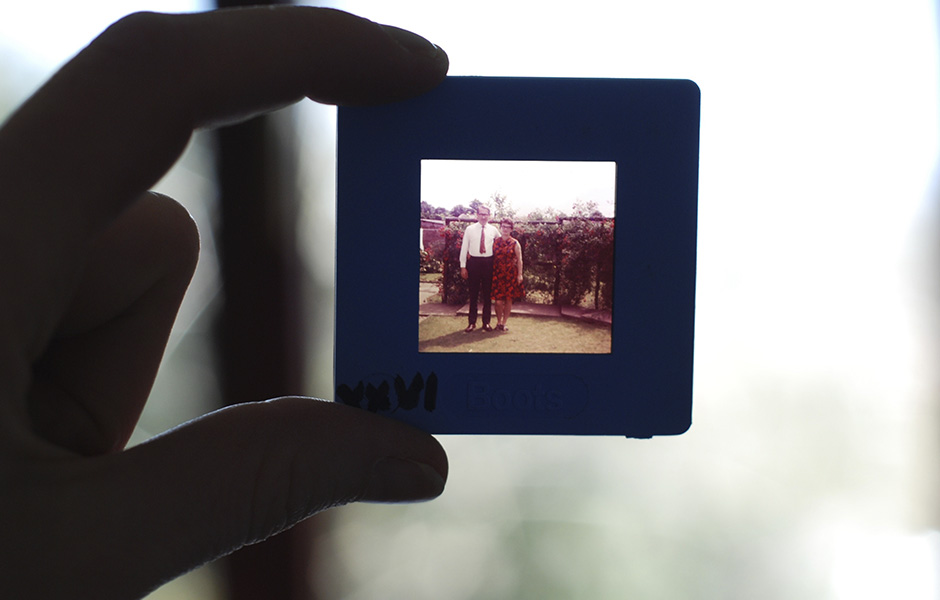“Ageing: Current challenges for global well-being” was the title of the workshop co-organized by CINTESIS – Center for Health Technology and Services Research, as part of the Science 2024 Meeting, which took place at the Alfândega do Porto from July 3 to 5.
The initiative, which is the responsibility of the RISE Associate Laboratory, aimed to “discuss the current challenges of ageing” and “identify research opportunities to promote global health and well-being”.
The challenges of advanced longevity, the role of prevention in healthy ageing, therapy for the elderly and digital transformation in health were some of the topics covered in this workshop, which was attended by Fernando Schmitt, RISE director and professor at the Faculty of Medicine of the University of Porto (FMUP), and moderated by Elisa Keating (CINTESIS@RISE/FMUP).
Paulo Santos, Fernando Osório and Luís Azevedo, from CINTESIS@RISE/FMUP, and Óscar Ribeiro, from CINTESIS@RISE/University of Aveiro, were joined by Isabel Miranda, from the Cardiovascular Research and Development Unit (UnIC@RISE) and Ana Carina Pereira, from the Research Centre of the Portuguese Oncology Institute of Porto (CI-IPOP), from the other two co-organizing Units.
Óscar Ribeiro, considered a reference in the study of ageing and coordinator of the PT 100 project on Portuguese centenarians, focused on the main challenges of advanced longevity. In line with the objectives of the Decade of Healthy Ageing (2021-2030), he proposed measuring this population every five years, especially from the age of 80 and up to the supercentenarians (over 110).
For the researcher, it is necessary to “revisit” models and “stereotyped images”, combat ageism and prioritize well-being. Data from his studies show, for example, that the majority of this population requires some kind of support with basic tasks such as dressing, bathing, climbing stairs or getting around. The likelihood of cognitive deficits and dementia also increases with age.
Paulo Santos also mentioned data from the research he has been carrying out in this area, namely on the burden of loneliness among older people, particularly those over 80.
The CINTESIS@RISE researcher believes that, faced with the inevitability of the disease, we need to focus on education, literacy and prevention, which in practice means better prescribing, early diagnosis of frailty and more innovation, calling on the role of the social sector, municipalities and the political structure.
A “gray tsunami” is how Fernando Osório classifies the incidence of cancer in the elderly. The CINTESIS@RISE/FMUP researcher warned of the under-representation of older people in clinical trials, which results in a lack of scientific evidence in this area and, therefore, inadequate treatments. Undertreatment is one of the forms of ageism that worries him the most.
For the doctor at the ULS São João Breast Center, there is an urgent need to counteract the “dogma” of a less serious tumor biology in the elderly. He therefore advocates focusing on oncogeriatrics and comprehensive geriatric assessment, which includes each individual’s social and family situation. Home hospitalization could be a way of reducing the risk of cognitive deterioration associated with hospitalization at this age, as demonstrated by a pilot study he carried out.
For his part, Luís Azevedo, from CINTESIS@RISE/FMUP, focused his speech on the challenges and opportunities of digital transformation for the care of elderly people with chronic illness, with the challenge of quality of life rather than quantity of life.
The researcher believes that digital health will be the key to empowering patients and giving professionals the capacity to respond, with consequences for health outcomes. Some of the challenges of this paradigm shift, he said, will be in aspects such as data quality and inequities in access.
The microbiome in stroke in the elderly was the subject of Isabel Miranda’s talk, while Ana Carina Pereira addressed advances in the early diagnosis of cancer.
The workshop, led by Elisa Keating, would not have ended without a lively discussion on subjects such as the creation of a Geriatrics specialty, with Paulo Santos defending the current model (a competence of the Portuguese Medical Association), fetal programming in the context of ageing, “social fragility” and the “lack of protection for the elderly”. As Óscar Ribeiro stressed, “it’s not about how to get there, but under what conditions”.
The Science 2024 Meeting, considered the largest annual science and innovation event in Portugal, had the motto +Science for One Health and Global Well-Being. It was organized by FCT – Portuguese Foundation for Science and Technology, U.Porto and Ciência Viva.

